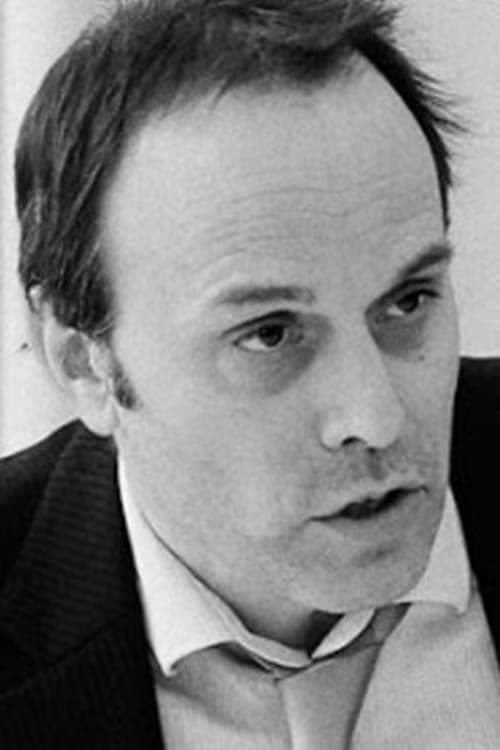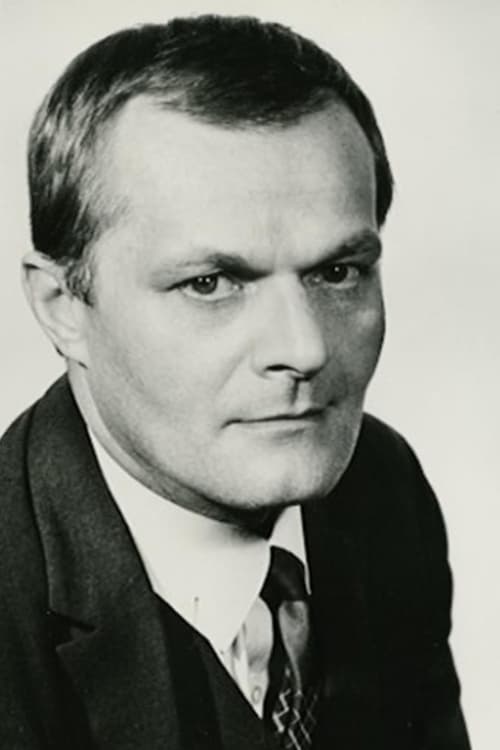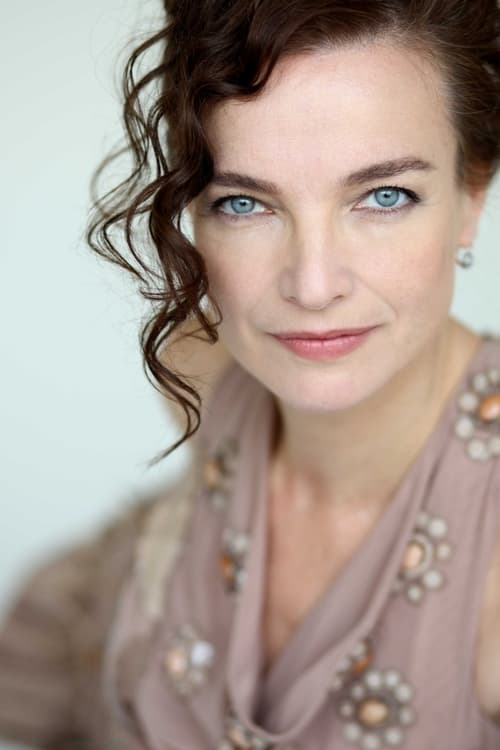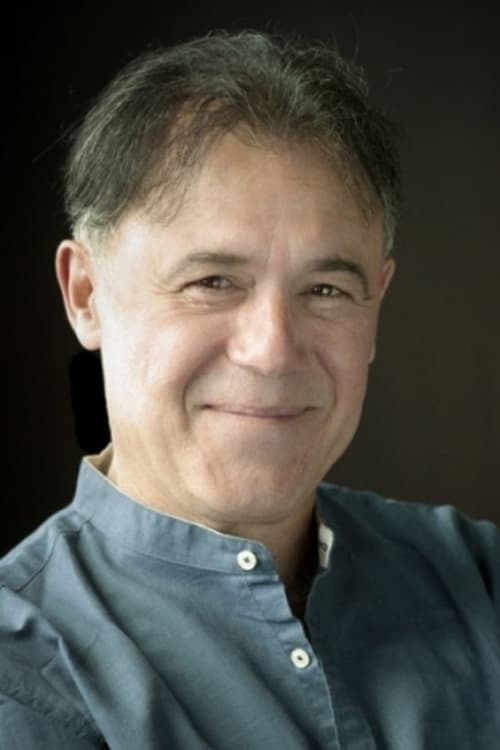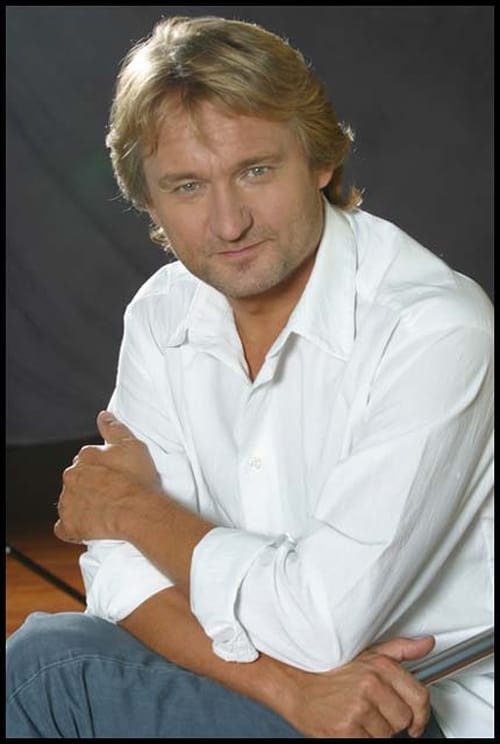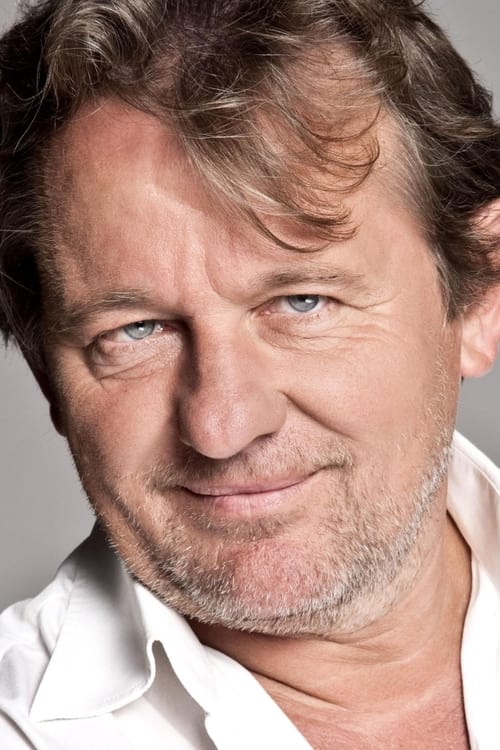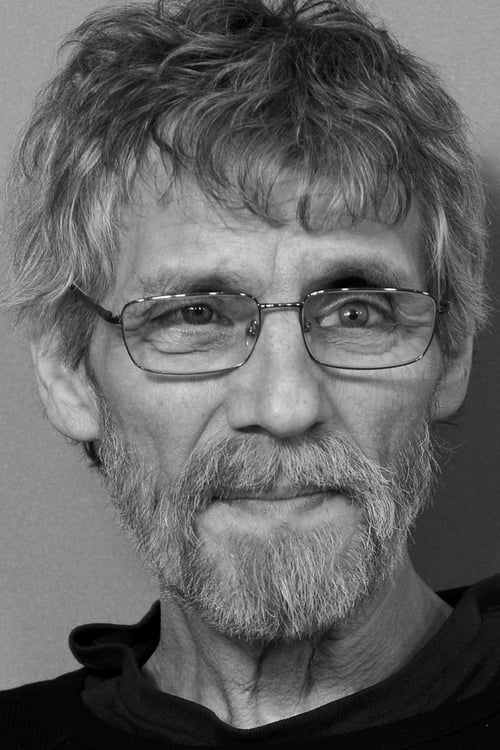Un Puente sobre el Danubio (2002)
Género : Drama
Tiempo de ejecución : 2H 20M
Director : Géza Bereményi
Sinopsis
Un inconformista noble del siglo XIX lucha para liberar su país de un imperio extranjero. Pero los Habsburgo de Austria, no son el único oponente que el Conde Szechenyi tendrá que combatir. Luchando contra el destino, la historia y el amor, su vida privada se verá inseparablemente mezclada con el desorden público de una era cambiante. Entonces empezará a aprender que su mayor oponente es su propio corazón.
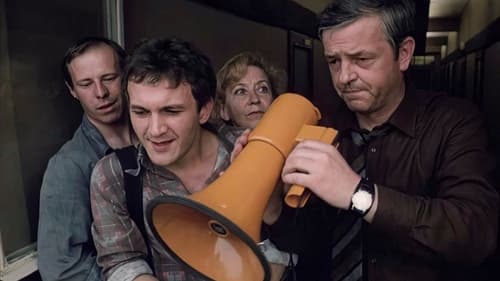
A dramatisation of the workers' protests in June 1976 in Radom, seen from the perspective of the local Secretary of the Polish United Workers' Party. [Produced in 1981, but not commercially released until 1996.]

Dos ángeles sobrevuelan Berlín, ciudad dividida por el "muro de la vergüenza". Sólo son visibles para los niños y los hombres de corazón puro. Testigos impotentes que no pueden cambiar el curso de los acontecimientos, sienten una gran compasión por los seres humanos. Uno de ellos, decidido a conocer los sentimientos de los mortales, se enamora de una joven trapecista.
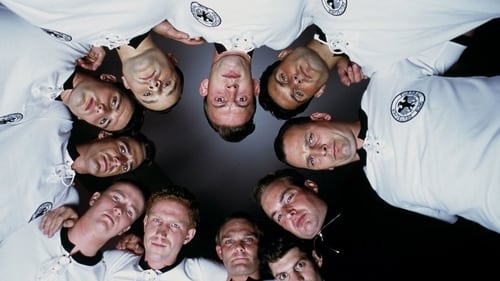
Verano de 1954: La Unión Soviética empieza a liberar a sus prisioneros de guerra. Entre ellos está Richard, el padre de Matthias, un niño de once años apasionado por el fútbol, que vive con su madre y sus hermanos en una ciudad minera de Alemania del Este. Durante estos años, el niño ha sustituido a su padre por el futbolista Helmut Rahn, el cual a su vez lo ha tomado bajo su protección. El regreso de Richard, destrozado por tantos años de cautiverio, ensombrece la apacible vida de la familia. Por otra parte, tiene serias dificultades para adaptarse a las condiciones de vida de la postguerra. Además, está a punto de empezar en Berna (Suiza) la Copa del Mundo, pero mientras Matthias espera con entusiasmo el acontecimiento, para Richard, el fútbol no tiene ningún interés.
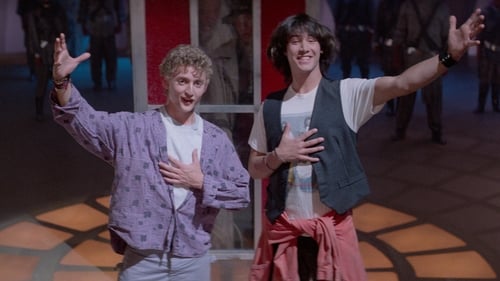
Bill y Ted, de diecisiete años, amigos inseparables y miembros de una banda de rock, sienten más interés por la música que por sus estudios. El día de su graduación está cerca y deben aprobar como sea el examen de Historia. Las cosas están difíciles para los chicos, sin embargo, la aparición de un personaje inesperado va a serles de crucial ayuda. Se trata de Rufus, un emisario del futuro, que les ofrece un alucinante viaje en el tiempo para conocer a algunos de los más importantes personajes de la historia.
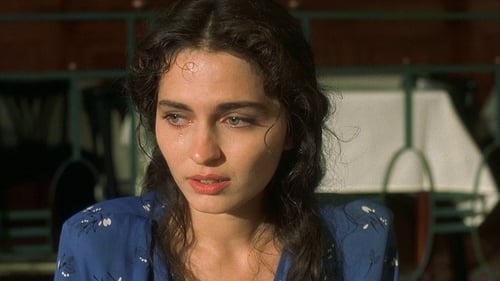
Gloomy Sunday tiene lugar durante la II Guerra Mundial. Cuenta la historia de tres hombres que están enamorados de una bella camarera: el propietario de un restaurante intelectual, un músico misterioso y un hombre de negocios errático.

Primer largometraje estrenado por el ICAIC que narra tres episodios de la lucha insurreccional cubana. - El herido: una pareja esconde a un herido participante de una acción contra la dictadura. la reacción de cada uno en favor y en contra del hecho crea un clímax dramático. - Rebeldes: La decisión de abandonar a un guerrillero herido durante un encuentro con el enemigo y salvar al grupo o permanecer con él, plantea un conflicto de conciencia en medio de la lucha de guerrilla en la Sierra Maestra. - La batalla de Santa Clara: Reconstruye la toma de la ciudad de Santa Clara, al centro de la Isla, por el Ejército Rebelde, hecho ocurrido en diciembre de 1958, que provoca el derrocamiento final de la dictadura del General Fulgencio Batista.

The perilous catastrophes of one of history's most epic adventures - the lost voyage of Columbus. The thrilling stories of men like Hudson, Ribault and Bering who stopped at nothing to conquer an unknown land and its peoples. The 20-year journey of Marco Polo through China, India, the Middle East and Southeast Asia. An in-depth portrait of Lewis and Clark and their journey from Missouri to the Pacific Ocean. The riveting story of soldier, adventurer, explorer and the first Conquistador Ponce de Leon. A journey into the vast continent of Africa with Henry Stanley and David Livingstone. Take a ride along the greatest ships of the Old World and an expedition with John Wesley Powell into the last unknown territory of the U.S - the Grand Canyon. Join a team of explorers in the hunt for Magellan's lost fleet. Follow a team of historical detectives as they examine the raiding and plundering of the Vikings. And journey to the bottom of the earth to learn the frozen history of Antarctica.
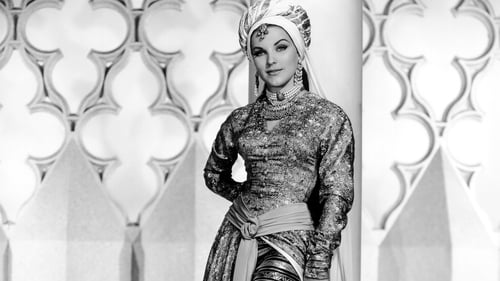
Omar Khayyam was one of the greatest Persian poets. He was also a brilliant mathematician. Though his quatrains were written in the 11th century, they are still popular the world over. The details of his life are unknown, so this movie invents a biography for him and includes in it his real achievements - the invention of a new calendar and the penning of those epigrammatic poems. This film has him romancing a sultan's bride and foiling the assassin sect's plot to kill the sultan's son.
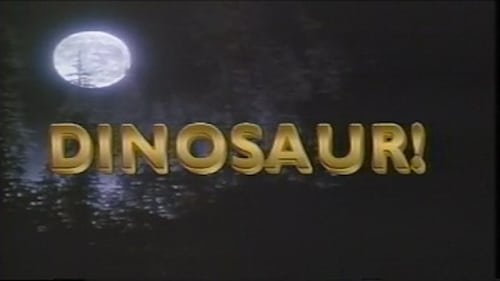
An entertaining documentary look at dinosaurs with Emmy Award-winning special effects, feature film clips and stills, commentary by leading paleontologists of the time, and an on camera as well as voice-over narrative by Christopher Reeve. Shot on location in Los Angeles and New York at the American Museum of Natural History

“Where We Danced” is the first in a three-part series that chronicles the evolution of American social dance. It tells the story of America’s dance through the lives of the dancers who shaped the art form as well as the places they danced. The story begins on the plantations where African and Western European culture collided to create America’s first truly indigenous social dance, the cakewalk. It continues through to 1930’s Harlem showing how dance helped shape popular culture in America and around the world. Over the decades dance has set trends in fashion and sexuality, giving the youth of the 20th century a voice to define itself from the rigidness of the Victorian era . It also gave African-Americans a means of expression when all others had been taken away.
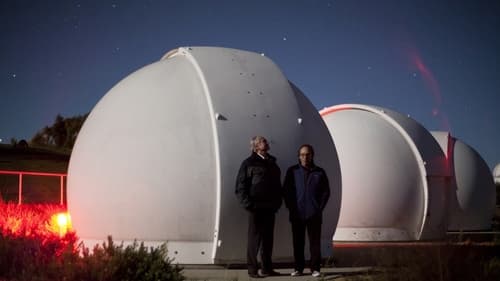
Los reconocidos científicos Richard Dawkins y Lawrence Krauss cruzan el mundo, para hablar en público sobre la importancia de la ciencia y de la razón en el mundo moderno.

Long before he played the corpulent Goldfinger, German actor Gert Froebe was a scarecrow-skinny comedian. In Berliner Ballade, Froebe makes his screen debut as Otto, a feckless Everyman who tries to adjust to the postwar travails of his defeated nation. Stymied by black-market profiteers and government bureaucrats, Otto begins fantasizing about a happier life at the end of that ever-elusive rainbow. Director R. A. Stemmle doesn't have to strive for pathos: he merely places his gangly star amidst the ruins of a bombed-out Berlin, and the point is made for him. Filmed in 1948, Berliner Ballade was later released in the U.S. as The Berliner.

In 1882 a country girl disappears from a small Hungarian village. The inhabitants suggest that she was murdered by the Jews. Everything is done to accuse them before the trial. A study in stubbornness, racism and intolerance and how to fight against it.

Barnstorming is the true story of an unexpected friendship that developed between a farm family and two pilots who literally dropped out of the sky. Their friendship has created a new tradition out of an old one long gone: barnstorming.

Cuba, 1961: 250,000 volunteers taught 700,000 people to read and write in one year. 100,000 of the teachers were under 18 years old. Over half were women. MAESTRA explores this story through the personal testimonies of the young women who went out to teach literacy in rural communities across the island - and found themselves deeply transformed in the process.
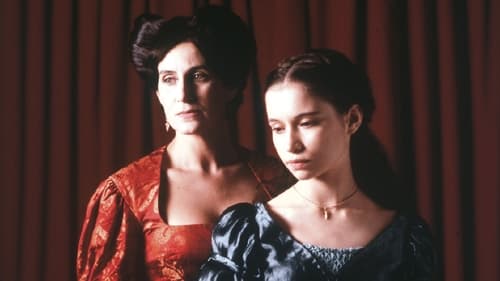
A historical classic drama in three acts, retold after an original prologue about dreams and nightmares of the thirteen-year-old noble heroine, Maria de Noronha.

Biopic of Louis Cyr, strongest man in the world at the end of the 19th Century.

When the Communist Party took over China in 1949, it engineered a massive propaganda effort to win over the people's hearts and minds. MAKING MAO revisits the people and events responsible for making Mao Zedong the star of this cultural phenomenon. It was an artistic yet brutal onslaught of images and slogans that lasted over 25 years and kept him in power. Yet while Mao was celebrated as a God by most, those who did not abide became victimes. Our story examines what created and perpetuated this mass hysteria, and revisits the art that would both shape and nearly destroy a nation.

A brief glimpse at public life in Berlin, 1936.



